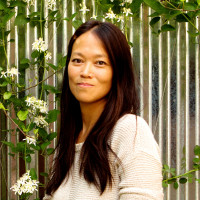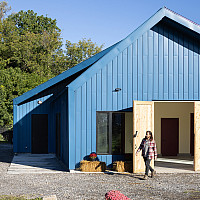Selected from nearly 600 submissions, 84 individuals—including established and emerging architects, artists, curators, designers, filmmakers, historians and writers—were given the prestigious annual grants for their publications, research, exhibitions, films, site-specific installations and digital initiatives that expand contemporary ideas of architecture through innovative rigorous interdisciplinary work on design and the built environment.
“Congratulations to both Professor Brown and Assistant Professor Myers,” says Michael Speaks, dean of the School of Architecture. “These awards are among the most prestigious in architecture and the fine arts and will help these professors and, indeed, our school to advance scholarship and research in our discipline.”
Women Architects and Global Solidarity Across the Cold War Divide: The International Union of Women Architects, 1963–1993
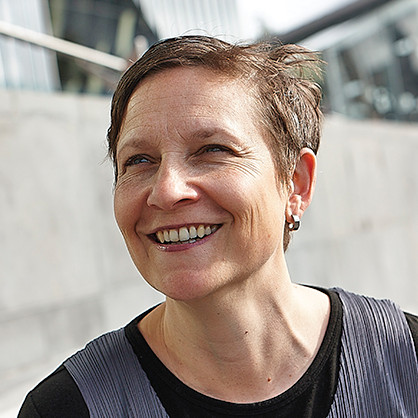
Feminist architectural history has frequently been organized around individual figures or national historiographies, but rarely around the transnational networks that connect women architects into a global feminist movement. This project uncovers a key transnational women’s organization: the International Union of Women Architects (UIFA), founded in 1963, to narrate a new global history of women’s organizing in architecture. Spanning a diversity of sites from Berlin, Bucharest, Cape Town, Iran, Paris and Seattle, during the years 1963–93, UIFA’s membership crossed 90 countries, and the organization attracted powerful women patrons—from the Empress of Iran to Princess Grace of Monaco. This geographic reach offers a sharp lens for investigating how women architects organized across the Cold War divide and how nation states mobilized the UIFA global conferences to promote their own political aspirations, including state feminism.
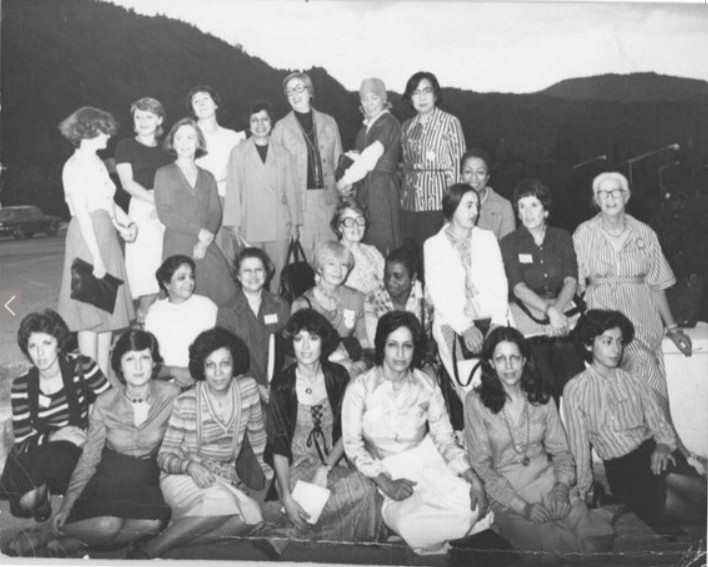
“We are honored that our research project is receiving support from the Graham Foundation,” says Brown. “This grant recognizes the innovative quality of the project which locates women architects in a transnational organization that was advocating for women’s professional equity. This research will redraw the map of women’s architectural history to understand the diversity of places and people shaping architecture in the second half of the 20th century.”
Here There Be Dragons, Season Four: Odes[s]a
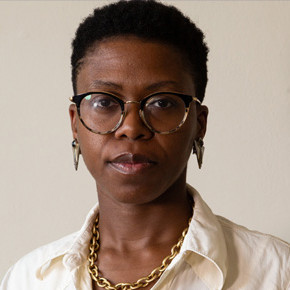
After seasons on New York, Paris, and Stockholm, season four of “Here There Be Dragons” turns to the Black Sea to focus on the diasporic and residential communities of Odesa, Ukraine, and how they navigate the question of safety. The podcast’s title is inspired by medieval cartographer’s depiction of sea monsters and demons hovering over unexplored land or dangerous territories, accompanied by the phrase hic sunt dracones, “here be dragons.” The dragons are symbolic of the systems of uncertainty and fear that define the borders of a known territory. Each season explores contemporary urban territories and engages with residents on the concept of security narratives and the “dragons” that perpetuate them. Resident experiences reveal the impact that urban policy, design decisions and social histories have over time, recognizing the shift in the landscape of post-9/11 security politics in which the growth of cities is inextricably linked to the proliferation of securitized development. The podcast navigates the hidden post-occupancy studies that lurk in mundane encounters with city life.

“The Graham Foundation’s support allows me to refine and elevate research on Odesa, Ukraine in a period where this work is particularly difficult,” says Myers. “I am immensely grateful for funding that will allow me to pursue the rigor that residents’ stories deserve.”
The 2024 grantees join a worldwide network of individuals and organizations that the Graham Foundation has supported over the past 68 years. In that time, the Foundation has awarded more than 44 million dollars in direct support to over 5,100 projects by individuals and organizations around the world.



